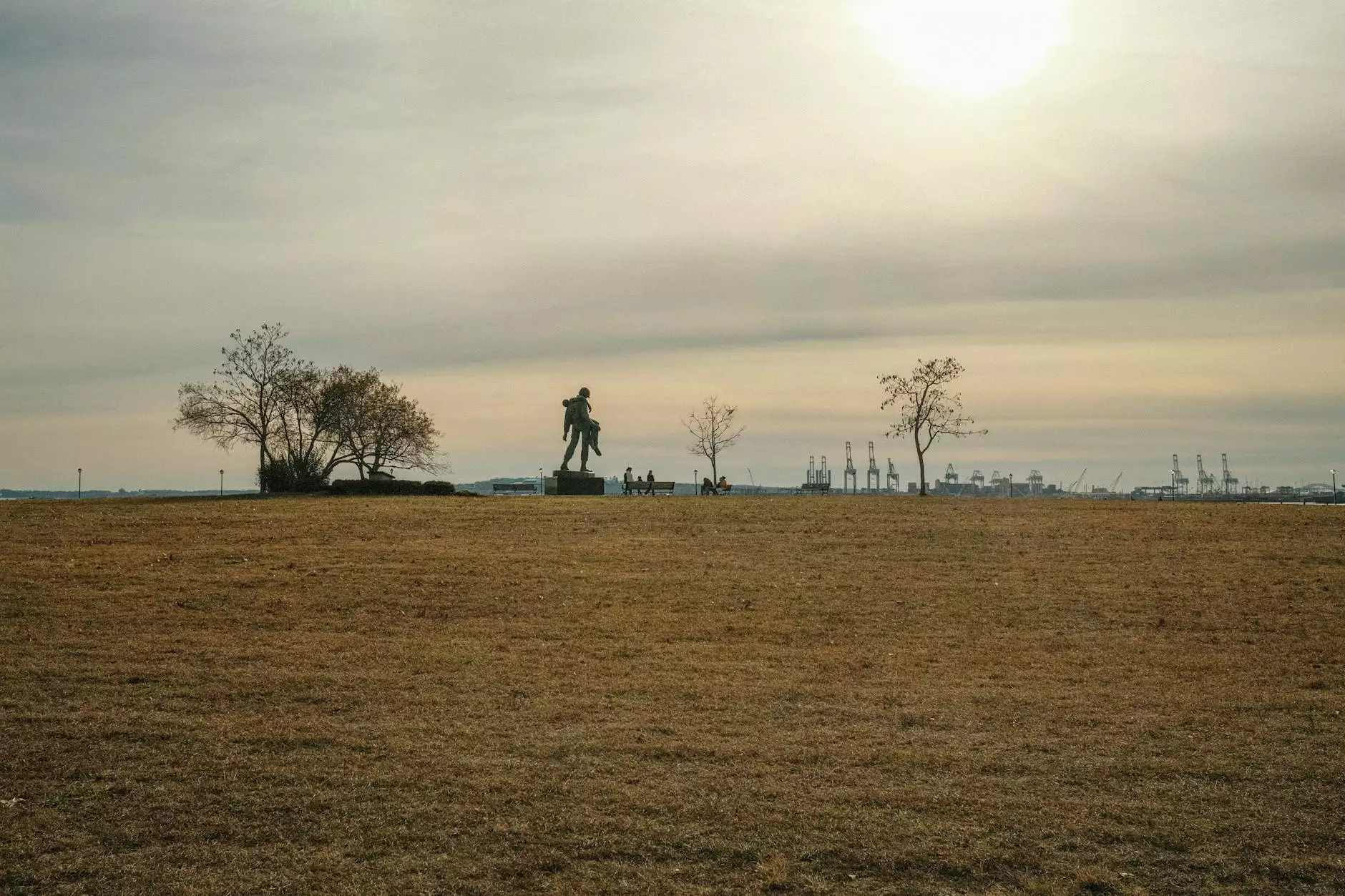Understanding Lung Cancer CT Scans: Your Essential Guide

Lung cancer remains one of the leading causes of cancer-related deaths worldwide. It is a disease that often goes unnoticed until it has progressed significantly. Early detection is vital for effective treatment, and this is where lung cancer CT scans play a crucial role. This article discusses the significance of lung cancer CT scans, their procedure, preparation, results interpretation, and everything you need to know in relation to the health & medical field.
The Importance of Early Detection
Early detection of lung cancer dramatically increases survival rates. Studies have shown that patients diagnosed at an early stage have a higher chance of successful treatment and long-term remission. A CT scan (computed tomography) is a powerful tool in diagnosing lung cancer early on.
- Enhanced Detail: CT scans provide detailed cross-sectional images of the lungs, enabling medical professionals to detect abnormalities.
- Non-Invasive: This imaging technique is non-invasive, making it safe and easy to administer.
- Predictive Analysis: CT scans help in predictive analysis, assessing not only the presence of tumors but also their potential growth patterns.
What is a Lung Cancer CT Scan?
A lung cancer CT scan is a specialized imaging test that uses X-rays to create detailed images of the lungs and chest. Unlike standard X-rays, CT scans provide much more detailed images, allowing doctors to see even small nodules and masses in the lung tissue.
Types of Lung Cancer CT Scans
There are two main types of CT scans used in the detection and monitoring of lung cancer:
- High-Resolution Computed Tomography (HRCT): This type provides very detailed images of the lung structure and is often used when examining interstitial lung diseases.
- Spiral CT Scans: These scans are performed using a continuous spiral motion, providing images of the lungs over a larger area and allowing for quicker assessments.
How is a Lung Cancer CT Scan Performed?
The procedure for a lung cancer CT scan is straightforward and can typically be completed in less than half an hour. Here are the general steps involved:
- Preparation: Prior to the scan, patients may be asked to refrain from eating and drinking for a few hours.
- Positioning: The patient lies on a motorized table that moves through the CT scanner, which is a large, donut-shaped machine.
- Scanning: The CT scanner takes multiple X-ray images of the lungs from different angles. The patient may be asked to hold their breath for a few seconds during the scan.
- Contrast Agents: Sometimes, a contrast agent (dye) may be injected into a vein to enhance the images. This is particularly useful for identifying blood vessel involvement or lymph node enlargement.
- Completion: Once the scans are completed, patients can typically resume normal activities immediately.
Preparing for Your Lung Cancer CT Scan
Preparation for a lung cancer CT scan is critical for obtaining accurate results. Here are important steps patients should follow:
- Consultation: Discuss any medications and allergies with your healthcare provider.
- Clothing: Wear loose-fitting clothing without metal fasteners. You may be asked to change into a hospital gown.
- No Food or Drink: Generally, avoid food or drink for several hours before the scan.
- Relaxation: Remain calm and follow any specific instructions given by your healthcare team during the procedure.
Interpreting the Results of Your Lung Cancer CT Scan
Once the CT scan is complete, the images are analyzed by a radiologist, who provides a report to your doctor. Understanding the results is crucial:
What Doctors Look For
- Nodules: Small, round growths that may be benign or cancerous.
- Masses: Larger growths that require further evaluation.
- Fluid Accumulation: This may indicate various conditions, including lung cancer.
- Lymph Node Enlargement: Enlarged lymph nodes can be a sign of cancer spread.
Why Choose Hello Physio for Your Health Needs
If you're looking for professional medical assistance and advice about lung cancer CT scans, consider using Hello Physio. This clinic specializes in health and medical services, including physical therapy and sports medicine.
Comprehensive Services
Hello Physio offers a range of services that encompass:
- Health Consultations: Professional advice tailored to your personal health needs.
- Physical Therapy: Rehabilitation plans designed to support recovery from lung cancer treatments.
- Sports Medicine: Specialized care for athletes, ensuring they remain fit and healthy.
Conclusion: The Future of Lung Cancer Detection
In summary, lung cancer CT scans are a vital part of the diagnostic process for lung cancer. They provide detailed images that are crucial in detecting the disease early on, allowing for timely treatment. The advanced technology behind these scans has dramatically improved the accuracy of lung cancer diagnoses, positively impacting patient outcomes.
At Hello Physio, patients can expect comprehensive care and support throughout their healthcare journey. Whether you are undergoing a lung cancer CT scan or need post-diagnosis physical therapy, our team is ready to help you with expert advice and treatment plans tailored to your needs.
If you or a loved one are facing the challenges of lung cancer, prioritize your health and do not hesitate to seek timely medical intervention. Early detection through lung cancer CT scans can save lives.









